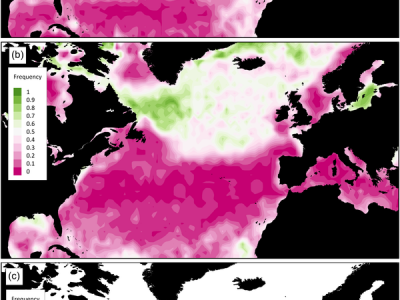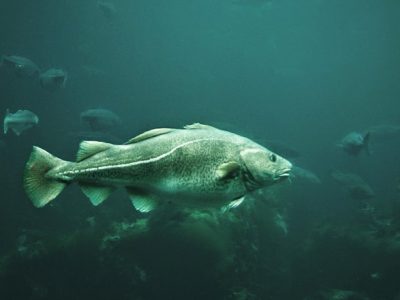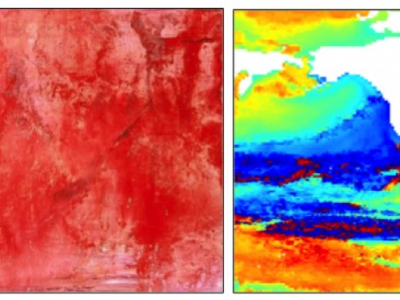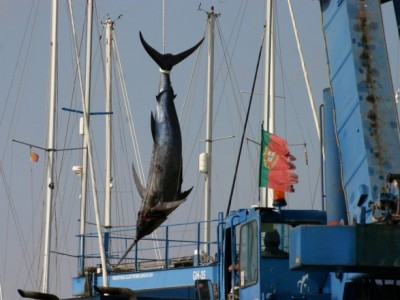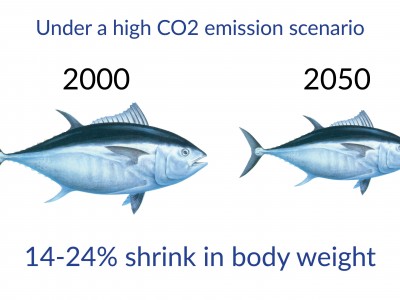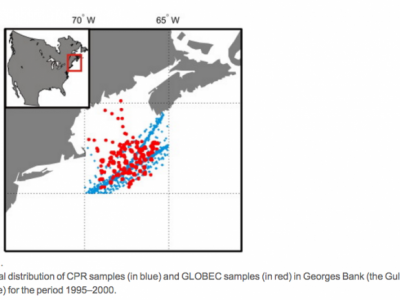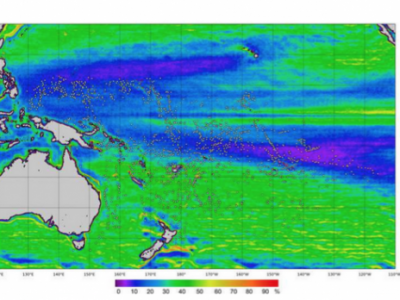Seasonal phytoplankton blooms in the North Atlantic linked to the overwintering strategies of copepods
“Seasonal phytoplankton blooms in the North Atlantic linked to the overwintering strategies of copepods,” co-authored by Nereus Fellow Rebecca Asch (Princeton University), was recently published in Elementa: Science of the Anthropocene. The paper looks at when and how long phytoplankton blooms occur in the North Atlantic. The authors found a correlation between spring bloom start days and the duration of the bloom, with early blooms lasting longer.



